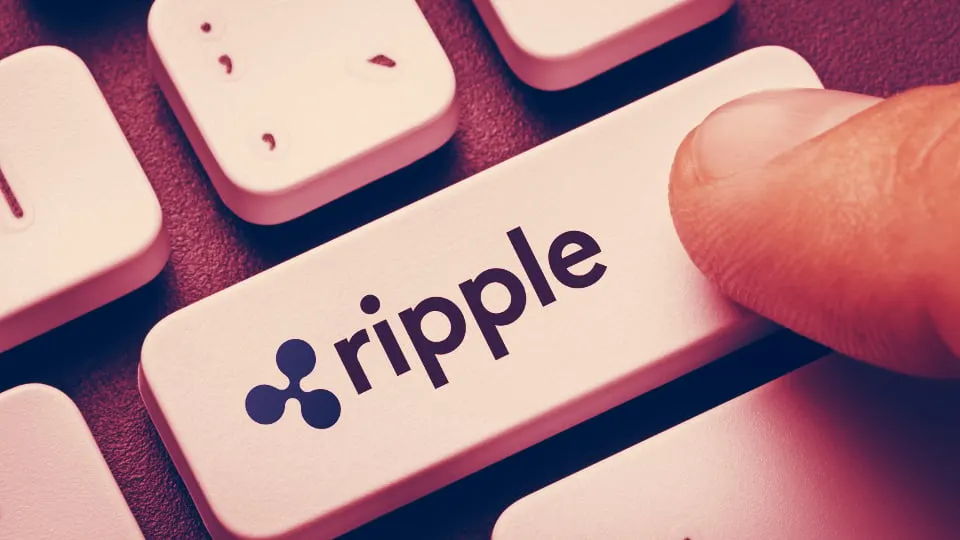What Is XRP?
Crypto firm Ripple is pushing further into the CBDC game, unveiling a new platform for creating blockchain-based digital currencies.
Ripple is rolling out a proprietary platform for central bank digital currencies (CBDCs), enabling central banks, governments, and financial institutions to create their own digital currencies.
Described as “a frictionless end-to-end solution,” the Ripple CBDC Platform builds on Ripple’s Private Ledger, which was first introduced in 2021 for CBDC issuance. It’s based on the same blockchain technology as the XRP Ledger (XRPL), which was also designed primarily for payments.
A Ripple spokesperson said that central banks aren’t required to interact with the cryptocurrency XRP when using the platform, but they will have that option.
“As a trusted partner to several central banks, we believe this platform will help solve problems for many central banks and governments who are devising plans and developing a technology strategy for CBDC Implementations,” said Ripple’s vice president of CBDCs James Wallis.

Ripple Makes Private Blockchain for Building Central Bank Digital Currencies
Blockchain payments-focused firm Ripple is piloting a new private ledger tailored specifically for Central Bank Digital Currencies (CBDCs), according to an announcement published yesterday. A survey recently conducted by the Bank for International Settlements showed that over 80% of the world’s central banks are already looking into CBDCs. In its turn, Ripple aims to tap into this sector by offering “a secure, controlled and flexible solution” for issuing and managing CBDCs.
According to Ripple, the new platform enables government institutions to oversee and customize every aspect of the CBDC’s life cycle, including its creation, distribution, redemption, and removal from circulation.
“Not only can CBDCs play a role in effective and efficient payments, but they are being increasingly recognized as a platform for innovation—opening up new possibilities that are not possible with traditional money,” said Wallis. “It is not just about the central bank but it’s about any application of the technology that might be of use in the future. This will be accelerated by the private sector building new business models on top of the core CBDC infrastructure that the central bank provides.”
Financial institutions will also be able to use the platform to manage the distribution processes involving the CBDC, whereas end users–both corporate and retail–will be able to securely store their digital currencies and use them for purchasing goods and services, similar to how existing payment and banking applications function.
This includes the convenience of offline transactions and accommodating non-smartphone scenarios, per the crypto firm.

Ripple Acquires Crypto Custody Firm Metaco for $250M in Tokenization Push
Ripple has acquired Swiss digital asset custody company Metaco. A deal worth $250 million will see Ripple become the sole shareholder of Metaco which will continue operations as an independent brand. Metaco offers tokenization tools and custody infrastructure for institutions to scale new business models in the crypto economy. They have already provided their services to the likes of Citi, Union Bank, and Bank BNP Paribas. The move also means Ripple will be expanding its institutional offerings
Ripple will demonstrate the platform’s capabilities through the e-HKD pilot program, conducted by the Hong Kong Monetary Authority, which acts as the de facto central bank.
“Our new partnership with Hong Kong’s Monetary Authority will showcase a real estate asset tokenization solution, leveraging Ripple’s CBDC Platform, as part of their inaugural e-HKD Pilot Programme,” said Wallis. “In this way, CBDC technology is transforming the payments system and we expect to see real-world use cases such as this increasing in the future.”
The firm is collaborating with Taiwan’s Fubon Bank to develop a product for tokenizing real estate assets and facilitating equity distribution within the framework of the e-HKD pilot program.


